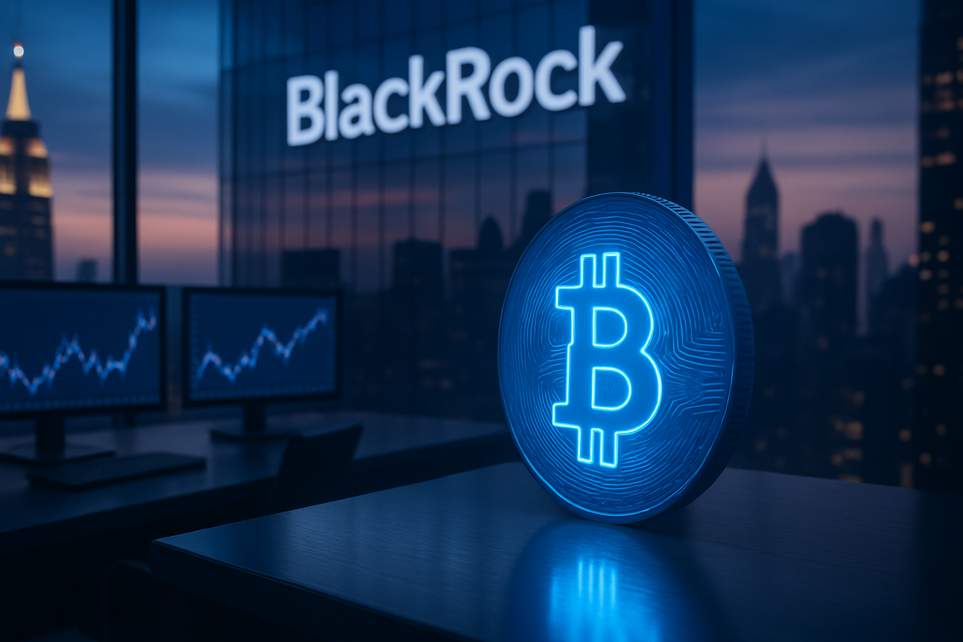Why BlackRock Still Loves Bitcoin (Even When the Price Hits the Snooze Button)
BlackRock’s long-game thesis: networks, not headlines
Bitcoin may be having a moody week — prices dip, think pieces pop up, rinse and repeat. But BlackRock’s recent filing with U.S. regulators basically shrugged and said: we’re in this for the decades, not the day-to-day drama. Their pitch boils down to a simple idea: Bitcoin’s value is driven by people joining the network over time, not by whether it clears some round-number milestone this month.
They point to the speed of adoption. In plain terms: a lot of folks signed up fast — faster than some historic tech rollouts — which, in BlackRock’s view, changes the math. When an asset’s worth is tied to cumulative participation and network effects, short-term whiplash looks less like a fatal flaw and more like the cost of entry.
BlackRock also lays out long-term performance comparisons and says that, despite wild yearly swings, Bitcoin’s multi-year returns still stack up favorably against stocks, gold, commodities and bonds. Translation: volatility is part of the product, not a sign the product is broken — at least if you’re planning to hang on for the long haul.
Plumbing, ETFs, and the bigger-picture case
Another chunk of the filing explains why institutions are reportedly sticking around: better access and smoother plumbing. BlackRock argues that its exchange-traded product has simplified how big players get exposure to Bitcoin — fewer technical headaches, familiar settlement mechanics, and custodial setups that fit the checklist of cautious allocators.
On the trading side, the product has become a heavy hitter, which tightens spreads and deepens order books. For large investors, that kind of liquidity matters — it makes buying and selling less of a circus and more like routine portfolio management. BlackRock also highlights work on custody rails, pricing benchmarks, and audit practices that aim to make crypto feel more like traditional assets.
Numbers in the filing underscore the point: the product has pulled in tens of billions of dollars since launch and sits with assets in the ballpark of the high tens of billions, which the firm views as evidence that institutions are increasingly comfortable using that route for Bitcoin exposure.
Beyond product mechanics, BlackRock frames Bitcoin as a potential “global monetary alternative” in a world of rising debt, geopolitical noise, and fragile fiat credibility. They’re not saying Bitcoin will replace national currencies, but they do argue its scarcity and decentralization make it a useful hedge if traditional monetary trust frays.
Finally, there’s a two-part story that explains their optimism: on one side you have macro forces — inflation, fiscal pressure, geopolitical fragmentation — and on the other you have structural tech adoption as blockchain rails and market infrastructure expand. If either of those trends continues, BlackRock thinks Bitcoin’s relevance grows, even if prices decide to take a nap now and then.
Bottom line: BlackRock treats recent sluggish price action as background noise to a longer narrative built on adoption, liquidity, and institutional plumbing. If you like dramatic headlines, this isn’t one. If you like long-term themes and stubbornly big-picture bets, this is exactly the sort of case that appeals to big asset managers.
Not financial advice — do your own research and don’t invest money you can’t afford to lose.

